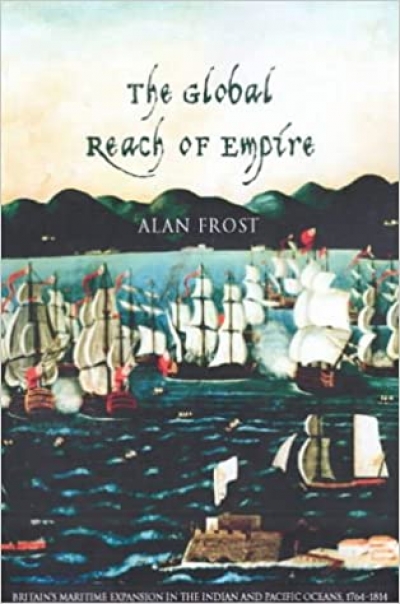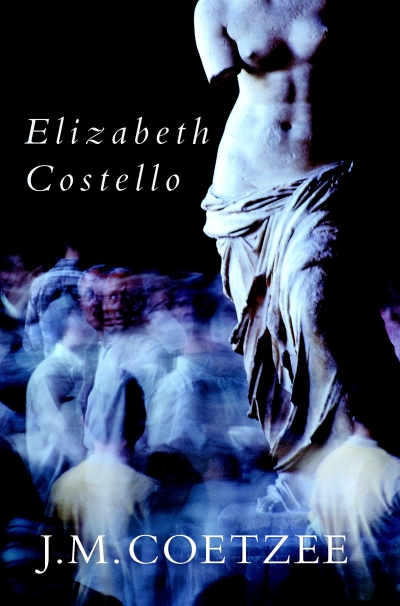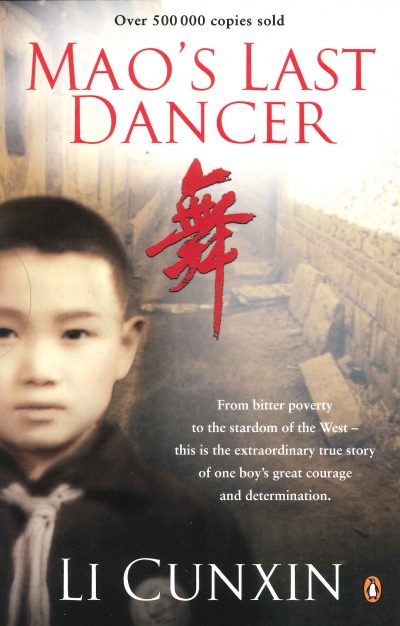Archive
The Global Reach of Empire: Britain’s maritime expansion in the Indian and Pacific oceans, 1764–1815 by Alan Frost
The History Wars by Stuart Macintyre and Anna Clark & Whitewash edited by Robert Manne
Judith Wright and Meanjin
Dear Editor,
As generally happens, your note of the recent death of ‘Clem’ Christesen (ABR, August 2003) appears to give him full credit for the early days of Meanjin. Judith Wright is, unfortunately, unable to correct that view of history herself. From what I have been told of those gestational wartime years, her role was no less significant than Christesen’s. Furthermore, she certainly did a great deal (probably most) of the practical work that is essential to sustain such a journal, especially one that was determined to open windows to worlds different from the one represented by the Bulletin. As their contemporary, the Queensland poet Val Vallis, once put it to me, poetry ‘had to have a whiff of eucalyptus about it for the Bulletin’. Certainly, Douglas Stewart, the redoubtable editor of The Red Page, did not relish the new competition, and Vallis recalls being told, with more than a touch of schadenfreude, when work appeared in the fledgling Meanjin: ‘We knocked that back at the “Bully”.’
... (read more)A Game of Our Own: The origins of Australian football by Geoffrey Blainey
There is a difference between celebrity and recognition. Celebrities are recognised in the street, but usually because of who they are, or who they are supposed to be. To achieve recognition, however, is to be recognised in a different way. It is to be known for what you have done, and quite often the person who knows what you have done has no idea what you look like. When I say I’ve had enough of celebrity status, I don’t mean that I am sick of the very idea.
... (read more)Bowed from the supermarket, a week’s rations
jumbling the plastic, I saw in shadow
my dead father. He crept the pavement, burdened
as I am not by a lost country.
... (read more)







